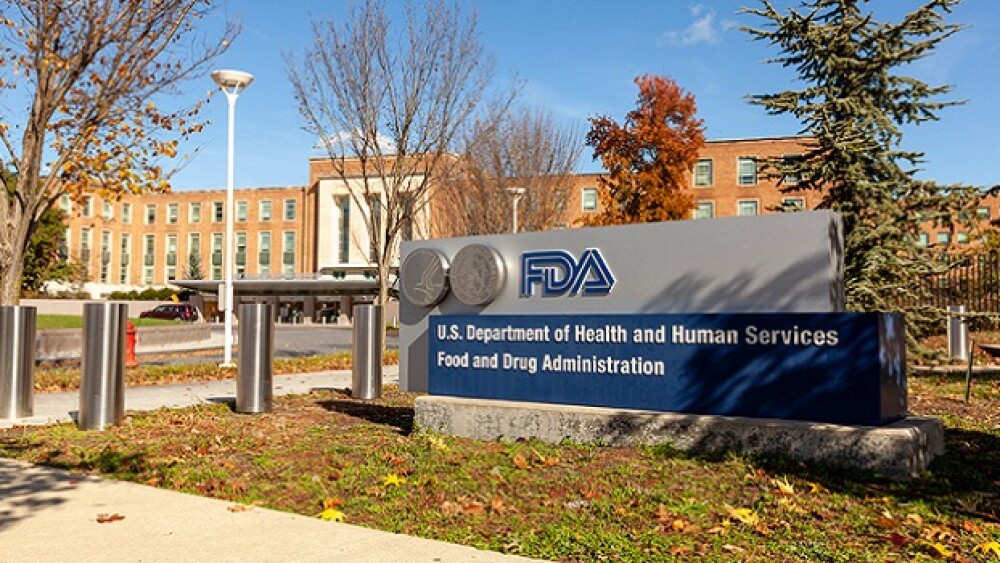Aleta Biotherapeutics announces that the U.K. Medicines and Healthcare products Regulatory Agency (MHRA) has granted clinical trial authorization (CTA) to evaluate investigational biologic ALETA-001 in a Phase 1/2 clinical trial in the treatment of patients with B-cell malignancies who are relapsed/refractory to CD19 CAR T-cell therapy.
- Aleta’s lead program, ALETA-001 has clinical support from collaborator Cancer Research UK, which will initiate the Phase 1/2 Clinical Trial during H2 2023
- ALETA-001, previously granted a UK Innovation Passport, was developed to address the urgent unmet patient need of relapse after CD19 CAR T-Cell Cancer Treatment
NATICK, Mass.--(BUSINESS WIRE)-- Aleta Biotherapeutics (Aleta), a privately-held immuno-oncology company with a platform of CAR T-Cell Engagers (CTE) which enable cell therapies to improve outcomes for patients with cancer, announces that the U.K. Medicines and Healthcare products Regulatory Agency (MHRA) has granted clinical trial authorization (CTA) to evaluate investigational biologic ALETA-001 in a Phase 1/2 clinical trial in the treatment of patients with B-cell malignancies who are relapsed/refractory to CD19 CAR T-cell therapy.
Aleta’s lead program, ALETA-001 has clinical support and funding from its collaboration partner, Cancer Research UK’s Centre for Drug Development, which has sponsored and will conduct the Phase 1/2 clinical trial.
“The authorization to clinically evaluate, in collaboration with Cancer Research UK, the potent activity of ALETA-001, our lead biologic CAR T-Cell Therapy Engager, marks important progress for the entire global oncology community - especially patients,” commented Paul Rennert, Ph.D., Chief Executive Officer and Chief Scientific Officer, Aleta Biotherapeutics. “Aleta’s CTEs act by transforming the expression of any cancer tumor cell to match the CAR T-cell therapies circulating in a patient’s blood, importantly restoring and increasing the effectiveness with which CAR T-Cells can kill cancer cells,” continued Dr. Rennert.
Dr. Nigel Blackburn, Cancer Research UK’s Director of Drug Development, stated, “CAR-T cell therapy has been transformative for some cancer patients but there remains a critical need to ensure that this therapy is an option for all. ALETA-001 is working to address this treatment gap for people with blood cancers by advancing a potentially life-saving CAR-T cell therapy into the clinic. We are delighted to play a key role in this trial and look forward to seeing this treatment become available for more patients in the future.”
About CAR T-Cell Therapy Engager (CTE) ALETA-001
Aleta’s lead development program, ALETA-001, contains the CD19 target protein which is further linked to an CD20 antibody domain. ALETA-001 is designed to improve the effectiveness of CD19-directed CAR T therapies by increasing CD19 antigen density and restoring lost CD19 expression on the cancer cell. This allows CD19+/CD20+ cancer cells to be easily recognized and killed by CD19-directed CAR T-cells that were previously administered and are already circulating within a patient.
Aleta previously secured landmark clinical support and funding from Cancer Research UK for the ALETA-001 Phase I/II clinical trials, and ALETA-001 has received a UK Innovation Passport under the Innovative Licensing and Access Pathway (ILAP) from the U.K. Medicines and Healthcare products Regulatory Agency (MHRA). ILAP designation is granted to medicines that address life-threatening or seriously debilitating conditions, and where there exists a significant patient or public health need.
About Aleta Biotherapeutics
Aleta Therapeutics is pioneering a transformation of cancer treatment by enabling CAR-T cell cancer therapies to work more effectively. The Company’s unique portfolio of multi-antigen CAR-T Engagers (CTEs) are simple, potent biologic therapies designed to transform the expression of cancer tumor cells to match CAR-T cell therapies circulating in patient blood. These CTEs are being developed to produce deeper and more durable responses in patients receiving CAR-T cell therapies through increasing cancer target density, and preventing resistance and escape from therapy, thus increasing the speed and effectiveness with which CAR-T cells can kill cancer cells.
Aleta’s lead program, ALETA-001, is clinic-ready for the treatment of B-cell malignancies in patients who are relapsed/refractory to CD19-directed CAR T-cell therapy. Additional CTEs in the Aleta portfolio include:
- ALETA-004: a preclinical, multi-antigen binding CTE designed to extend the cancer killing activity of CAR-T cells to treat advanced acute myeloid leukemia, and
- ALETA-005: a discovery phase CTE that allows multiple myeloma tumors to present multiple antigen binding sites to B-cell maturation antigen (BCMA) CAR T-cells, stimulating optimal BCMA CAR-T cell killing of advanced multiple myeloma.
Aleta is further developing its CTE platform technology to address solid tumors including breast cancer, gastric cancer, and pediatric brain cancers.
About Cancer Research UK’s Centre for Drug Development
Cancer Research UK has an impressive record of developing novel treatments for cancer. The Cancer Research UK Centre for Drug Development has been pioneering the development of new cancer treatments for 25 years, taking over 150 potential new anti-cancer agents into clinical trials in patients. It currently has a portfolio of 21 new anti-cancer agents in preclinical development, Phase I or early Phase II clinical trials. Six of these new agents have made it to market including temozolomide for brain cancer, abiraterone for prostate cancer and rucaparib for ovarian cancer. Two other drugs are in late development Phase III trials. www.cruk.org.uk/cdd
View source version on businesswire.com: https://www.businesswire.com/news/home/20230808939652/en/
Source: Aleta Biotherapeutics





